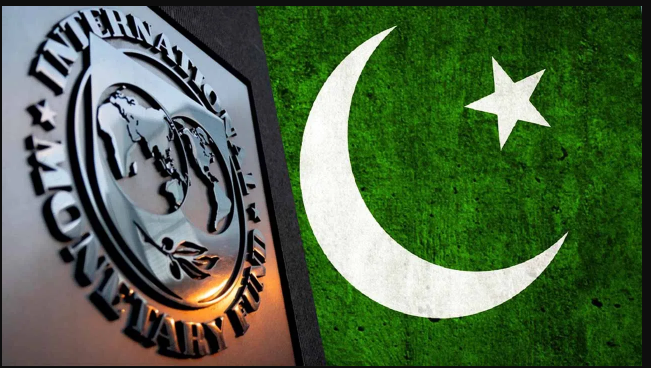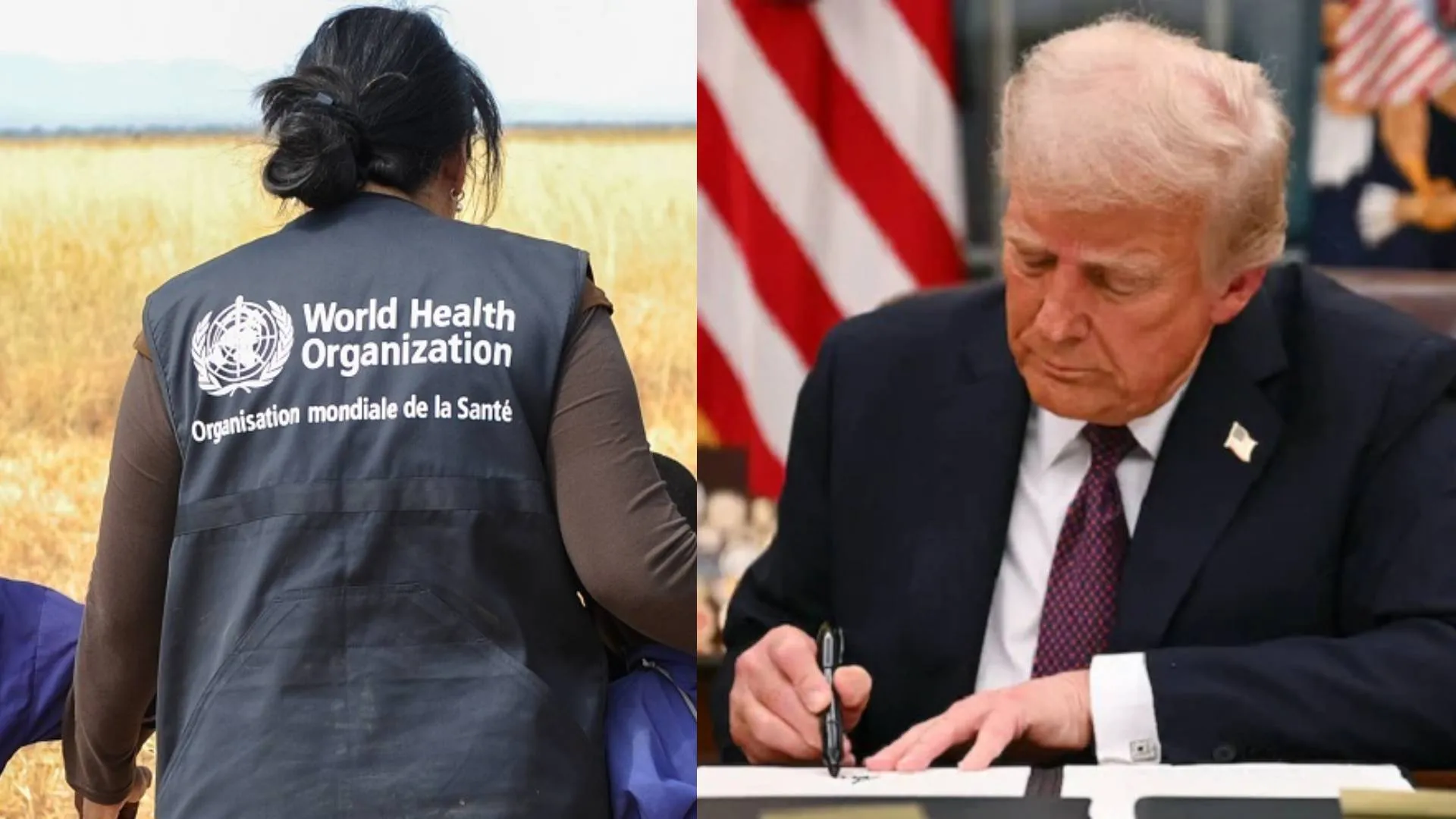Pakistan’s National Assembly on Tuesday unanimously passed a money bill aimed at raising tax revenues to fulfil the demands set by the IMF for seeking a USD 1.1 billion loan facility to avoid an economic meltdown. The Finance (Supplementary) Bill 2023 or mini-budget’ was approved in the lower lower house of Parliament days after the International Monetary Fund (IMF) urged the cash-starved country to take strong measures to avoid getting into a “dangerous place” where its debt needs to be restructured. IMF chief KristalinaGeorgieva said in Germany on Friday that Pakistan must take steps to ensure that its high earners pay taxes and only the poor get the subsidies if it wants to function as a country.
The bill increases sales tax from 17 to 25 per cent on luxury items. The general sales tax has been raised from 17 per cent to 18 per cent. People will also have to pay more for business-class air travel, wedding halls, mobile phones, and sunglasses, Geo News reported. “The prime minister will also unveil (further) austerity measures in the next few days,” Finance Minister Ishaq Dar said as the bill was passed with minor amendments, adding: “We will have to take difficult decisions”. The government introduced the bill last week with the aim to get it passed by the weekend but it could not after it faced criticism from its allies.
Finance Minister Dar, in his speech, held the mismanagement in the power sector and poor economic policies of the previous Pakistan Tehreek-e-Insaf (PTI) government responsible for the current financial crisis. The bill would help collect the IMF-dictated Rs 170 billion by June end when the current financial year ends. The new taxes accompanied by other measures by the government would further burden the masses with inflation which is already high. However, it brings Pakistan closer to getting USD 1.1 billion tranche from the IMF to support its dwindled foreign exchange reserves which are critically low to just over USD 3 billion.
Pakistan is desperate to unlock the next tranche of a USD 6.5 billion loan facility with the IMF but struggles to meet tough conditions set by the Washington-headquartered financial body. The IMF demands that Pakistan boost its pitifully low tax base, ends exemptions for the export sector, and raises artificially low energy prices that are meant to help poor families. “Those who are making good money in public or private sectors need to contribute to the economy,” IMF Managing Director KristalinaGeorgieva told German state broadcaster Deutsche Welle on Friday. “It shouldn’t be that the wealthy benefit from subsidies. It should be the poor who benefit from them,” she said.

















